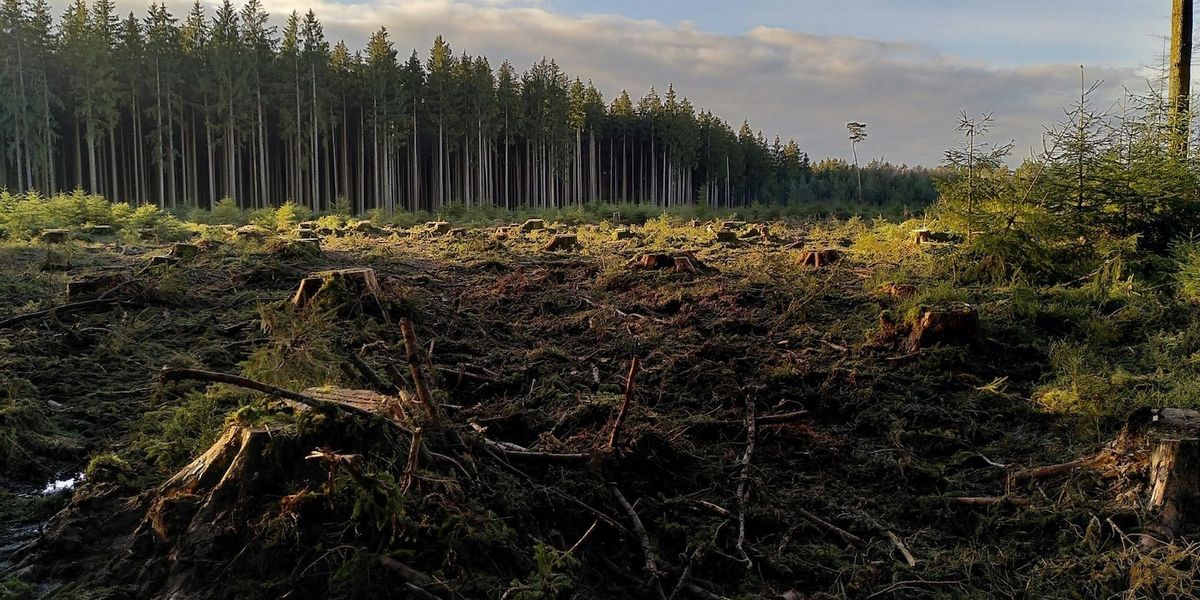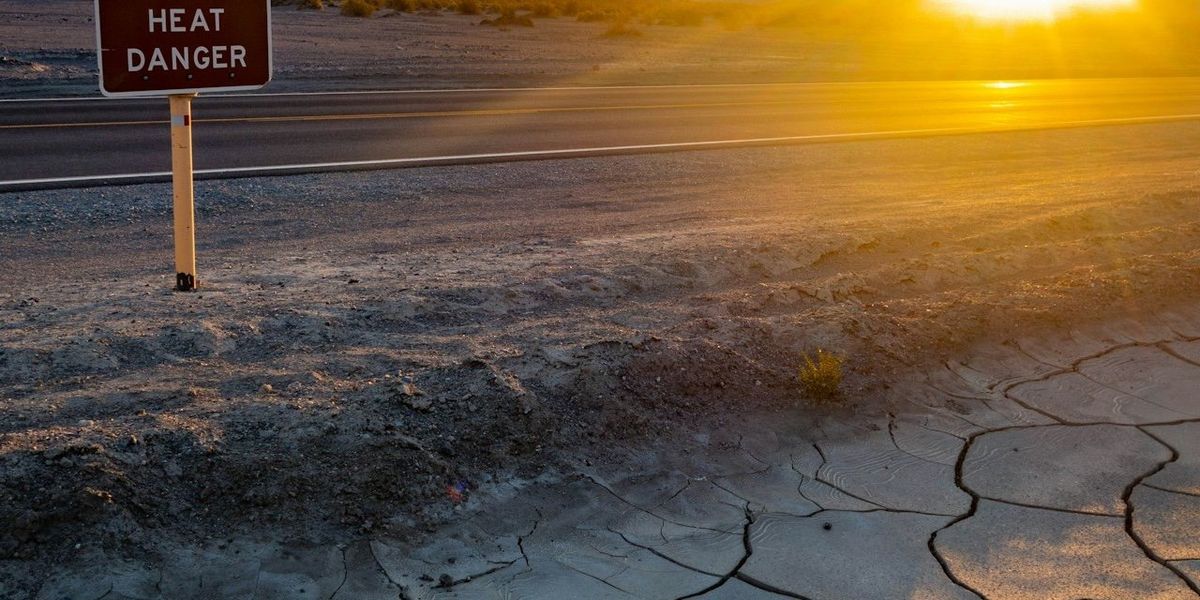
Toxic water linked to Botswana elephant deaths in 2020
More than 350 elephants in Botswana likely died from drinking water contaminated with toxic blue-green algae blooms during a 2020 die-off event.
Phoebe Weston reports for The Guardian.
In short:
- Researchers concluded elephants in Botswana’s Okavango delta died from cyanobacteria in waterholes, linked to harmful algal blooms intensified by climate change.
- The die-off was the largest of its kind with an unknown cause and highlights the risks of sudden, climate-driven diseases affecting wildlife.
- Fluctuating drought and rainfall in 2019 and 2020 likely worsened conditions for algal growth, pointing to future risks in warming regions.
Key quote:
“This study provides a compelling explanation for the mass die-off of elephants that shocked the world in 2020.”
— Dr. Niall McCann, director of conservation at UK-based charity National Park Rescue
Why this matters:
Mass wildlife die-offs are becoming more common as climate change intensifies extreme weather and ecological conditions. Toxic algal blooms not only threaten wildlife but also livestock and human populations, highlighting the urgency of preventive water quality measures.
Related EHN coverage: The planet’s largest ecosystems could collapse faster than we thought













